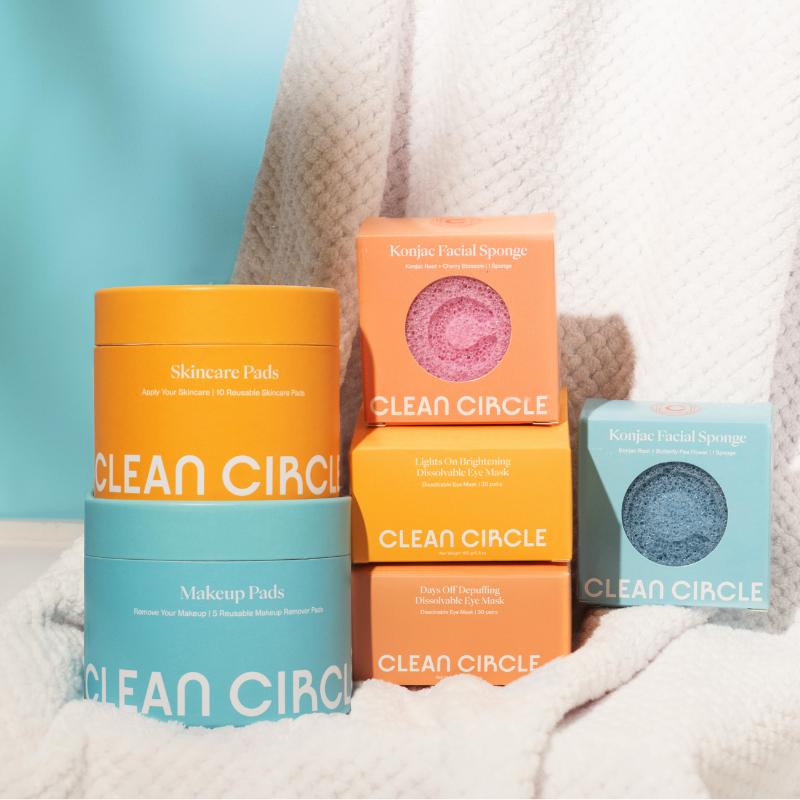
Importance of Ethical Manufacturing in Textile Industry
Share
Workers employed in the textile industry often work in an unsafe environment. They are often underpaid, and many companies even stoop low enough to engage in child labor. Most textile industry employees are women, and they are not given even a proper washroom for safe washroom breaks.
Many notable clothing brands had to face the fury of human rights activists and human rights journalists. They exposed brands that didn’t follow ethical manufacturing and forced their labor to work in inhuman conditions.
Two thoughts are gaining rapid momentum in the global textile industry; organic cotton and the fair labor movement. We’ll talk about organic cotton some other time, and we definitely will. But today, let’s talk about ethical manufacturing in the textile industry.
So what is Ethical Manufacturing?
Ethical manufacturing is a set of values that revolves around the mental, physical, and financial well-being of all the people involved in manufacturing. A fair trade textile manufacturing plant has sustainable standards to design and create, so it leaves a positive impact on the people and the environment.
Why is Ethical Manufacturing Important?
Ethical manufacturing prioritizes the well-being of staff, customers, and the environment. At the same time, it also helps businesses create a sustainable line of operations. Companies that follow ethical manufacturing have a greater percentage of happy employees than companies that don't.
This, in turn, improves the productivity of the company. The employees are easier to retain, and the synergy then transforms into a brand that flourishes holistically.
Importance of Ethical Manufacturing in Textile Industry
There are many concerns pertaining to the textile industry. From water contamination to the use of pesticides, many environmental issues revolve around textile manufacturing.
Take water consumption, for example. Did you know:
- Manufacturing a cotton t-shirt requires about 2,700 liters of water!
- Producing a single pair of jeans will require more than 6,800 liters of water!
- On top of that, the annual consumption of water to dye cotton and synthetic fabrics. Dyeing clothes also require chlorine, formaldehyde, mercury, lead, and 1600 other harmful chemicals. 20% of global water pollution is caused by the textile industry.
When a textile manufacturing plant implements sustainable and ethical manufacturing practices, it ensures the environment doesn’t take a toll. The need of the hour is to understand that the zero-wastage approach can be implemented in the textile industry, too.
Environmental well-being is not the only concern of ethical manufacturing in the textile industry. Labor rights, community building, and a healthy work environment are important for the mental, physical, and financial health of employees.
Without ethical manufacturing, it will be hard for the textile industry to sustain itself in today’s landscape. The world has become aware of environmental conditions and any manufacturing unit that does not follow ethical manufacturing will come under the radar of activists and ecological & labor organizations.
It is clear that ethical manufacturing is the necessity of the hour. In times to come, this will be the only way of operations and manufacturing.
As a brand that works with fabrics for our reusables, we care deeply about taking care of people and the planet.

